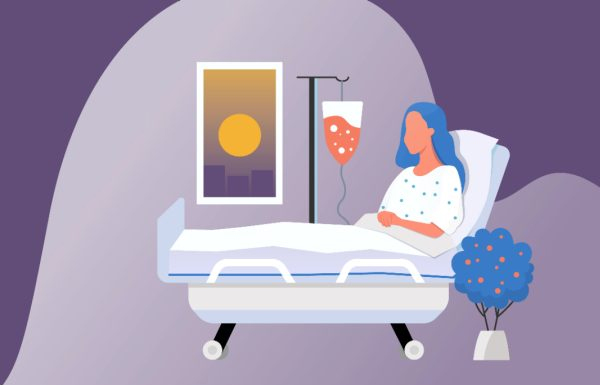Dr. Sankar Dasmahapatra
Laparoscopic Surgery Specialist in Kolkata, India
DGO, MS, Fellowship in Gynaecological Lap Surgery (Sydney -Australia)
Consultant Gynaecologist & Obstetrician
Infertility Specialist & Lapaoscopic Surgeon
DGO, MS, Fellowship in Gynaecological Lap Surgery (Sydney -Australia)
Consultant Gynaecologist & Obstetrician
Infertility Specialist & Lapaoscopic Surgeon
by Dr. Sankar Dasmahapatra

What is patient counseling process?
Patient counseling is defined as providing medication information orally or in written form to the patients or their representatives on directions of use, advice on side effects, precautions, storage, diet and life style modifications.
What are the restrictions after a hysterectomy?
Don't lift anything heavy for a full six weeks after the operation. Stay active after the surgery, but avoid strenuous physical activity for the first six weeks. Wait six weeks to resume sexual activity. Follow your care team's suggestions about returning to your usual activities.
What diet should be taken after hysterectomy?
Eat a well-balanced diet, including protein, fruits and vegetables, which will help with healing after surgery. Drink about 8-10 glasses of fluids a day (especially water) to keep your body well hydrated. If you have a cardiac problem, ask your doctor about your fluid intake.
What foods should you avoid after a hysterectomy?
Avoid trans and saturated fats, like fats found in butter, margarine, salad dressing, fried foods, snack foods, sweets. Vegetable oils (like olive oil and peanut oil) are good fats. Get enough calcium. For bone health, get at least 1,200 mg of calcium daily, plus vitamin D.
What is the best rest after a hysterectomy?
Recovery will take several weeks and comes with common-sense restrictions: Rest, but don't lie on the couch all day. Gentle movement and walking are recommended soon after surgery to reduce the risk of blood clots. Don't lift anything heavy.
What are the best foods to eat before a hysterectomy?
Day before your surgery, starting from when you wake up, you may have clear fluids only until midnight. Clear fluids include water, apple juice, broth, soda and Jell-o. Do not have any solid foods, milk or milk products.
What is bed rest after hysterectomy?
You may be advised to rest for anywhere between 2-6 weeks, with the first two weeks consisting of bed rest. Although it is essential to get plenty of bed rest, it is also important to get up and move around as soon as you can. Surgery and bed rest put you at an increased risk for a blood clot.
How many days we need rest after hysterectomy?
It can take about 6 to 8 weeks to fully recover after having an abdominal hysterectomy. Recovery times are often shorter after a vaginal or laparoscopy hysterectomy. During this time, you should rest as much as possible and not lift anything heavy, such as bags of shopping.
When can I start cooking after hysterectomy?
In most cases, you will feel better within 1–2 weeks and should be able to fully return to usual activities after 4–8 weeks.
What are the five types of hysterectomy?
There are five types of MIH procedures:
1) Laparoscopic supracervical hysterectomy (LSH)
2) Total laparoscopic hysterectomy (TLH)
3) Laparoscopically assisted vaginal hysterectomy (LAVH).
4) Vaginal hysterectomy (VH).
5) Robotic-assisted total hysterectomy